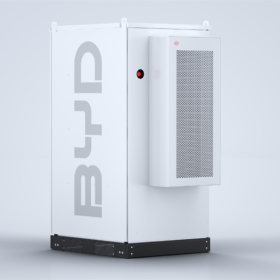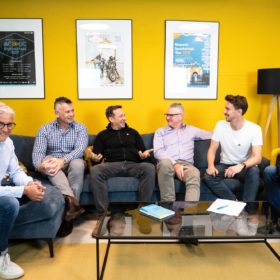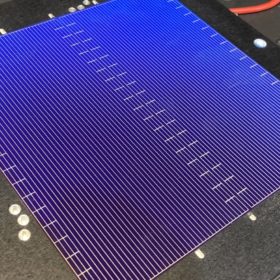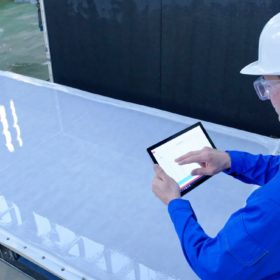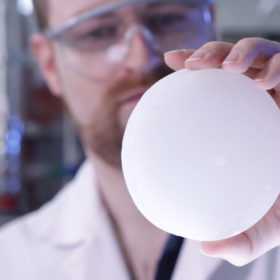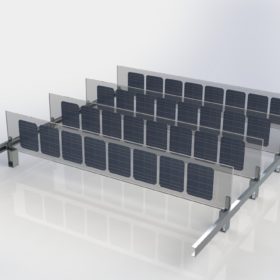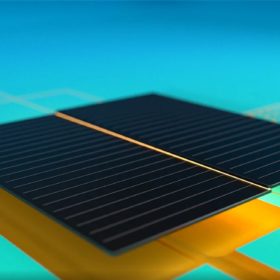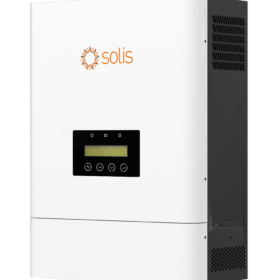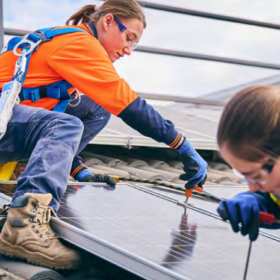BYD launches new C&I battery
Chinese battery manufacturer BYD has launched an expanded portfolio of energy storage systems designed for the commercial and industrial solar markets. At The smarter E in Munich last month the company also provided a sneak peak at a new high-voltage storage system expected to be launched later this year.
Melbourne-based 8 Star Energy set to shine in Europe
Melbourne-based 8 Star Energy has been announced as a distribution partner alongside Germany-based Memodo as world leading battery brand Energizer launches its Energizer Solar PV portfolio across Europe.
Gallium doping and solar cell degradation
German scientists have conducted a series of experiments on gallium-doped silicon solar cells to understand the causes of degradation in PV cells and modules treated with gallium rather than boron. They confirmed that the performance losses are caused by a bulk defect in the material, and found that the right combination of light and temperature can “heal” earlier damage and even lead to small improvements in overall cell efficiency.
EU wants rooftop PV mandate for public, commercial buildings by 2027, residential by 2029
The president of the European Commission, Ursula von der Leyen, has announced a mandate for rooftop solar on commercial and public buildings by 2027, and for residential buildings by 2029. The EU target for renewable energy has been increased from 40% to 45%.
NSW links with Denmark as states rush to make European hydrogen partnerships
With Australia’s presence felt strongly at the World Hydrogen Summit in Rotterdam last week, state governments are working to secure European markets through partnership agreements. Yesterday, New South Wales signed an initial agreement with Denmark which will see the distant pair support one another on matters of decarbonisation technology and trade. Just a few days earlier, Queensland’s government signed an MoU with the Netherland’s Port of Rotterdam to collaborate on opportunities to develop a hydrogen export supply chain.
German giant opens base in Perth to capitalise on green hydrogen promise
The hydrogen electrolyser subsidiary of German giant Thyssenkrupp has opened a new office in Perth, Western Australia in a bid to capture some of the region’s green hydrogen frenzy.
Heat-storage building material to passively cool PV systems, batteries
German researchers have developed a new shape-stabilised phase change material with the ability to store up to five times more thermal energy than commercially available phase change materials (PCMs).
Vertical PV system for green rooftops
Norwegian startup Over Easy Solar AS is launching a vertical PV system for rooftop applications at this year’s Smarter E in Munich, Germany.
REC showcases G12 residential heterojunction PV module with gapless design
REC’s new heterojunction solar panel series features efficiencies of up to 22.3% and an operating temperature coefficient of -0.26% per degree Celsius.
Solis unveils off-grid PV inverter
The S5-EO1P(4-5)K-48 series off-grid PV inverter has an efficiency of 96.7% and supports parallel operation of up to 10 units, which allows for a system capacity of up to 50 kW. According to the manufacturer, the device is compatible with all top-tier brands of lithium-ion and lead-acid batteries.
